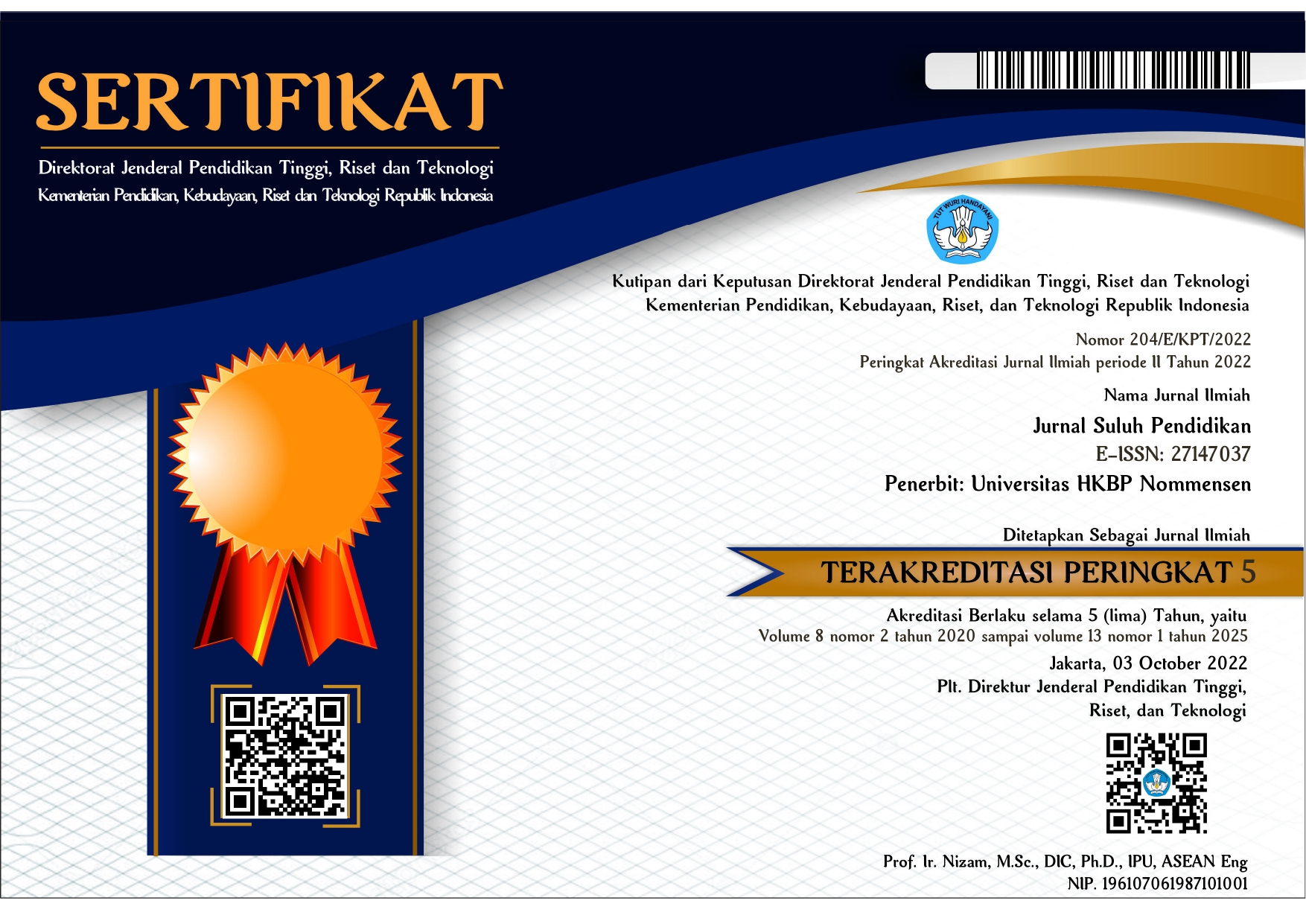ANXIETY BERBICARA MAHASISWA PADA MATA KULIAH SPEAKING FOR ACADEMIC PURPOSES
Abstract
This research investigates the factors that contribute to students' speaking anxiety and and the strategies they employ to overcome it in the Speaking for Academic Purposes course. Using a qualitative research design, data were obtained through observations, interviews, and documentation. The findings highlight four primary factors contributing to speaking anxiety: psychological factors (shyness, fear of making mistakes, and lack of self-confidence), social factors social factors (social pressure and lecturer responses), linguistic factors (limited vocabulary, improper accent, and inaccurate pronunciation), and contextual factors (insufficient preparation and demanding presentation tasks). To address this anxiety, students utilized various strategies: cognitive strategies (preparing materials, developing presentation outlines, memorizing key terms, and simplifying vocabulary through synonyms), affective strategies (controlling emotions, fostering a positive mindset, and incorporating humor) social strategies (participating in small group discussions, seeking peer feedback, and utilizing body language) and metacognitive strategies (practicing independently and setting gradual performance targets). In conclusion, effective strategies can reduce speaking anxiety while enhancing students' performance and confidence in academic speaking.

This work is licensed under a Creative Commons Attribution 4.0 International License.
Hak Cipta:
Penulis yang mempublikasikan manuskripnya di jurnal ini menyetujui ketentuan berikut:
- Hak cipta pada setiap artikel adalah milik penulis.
- Penulis mengakui bahwa Jurnal Suluh Pendidikan (JSP) berhak menjadi yang pertama menerbitkan dengan Creative Commons Attribution 4.0 International License (Attribution 4.0 International (CC BY 4.0)).
- Penulis dapat mengirimkan artikel secara terpisah, mengatur distribusi non-eksklusif manuskrip yang telah diterbitkan dalam jurnal ini ke versi lain (misalnya, dikirim ke repositori institusi penulis, publikasi ke dalam buku, dll.), dengan mengakui bahwa manuskrip telah diterbitkan pertama kali di Jurnal Suluh Pendidikan.



